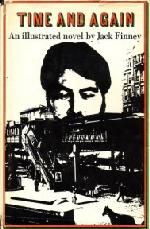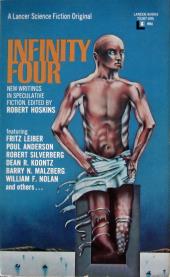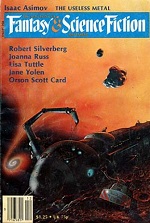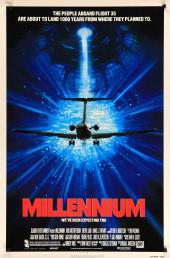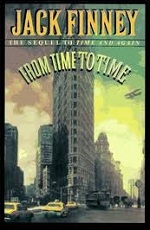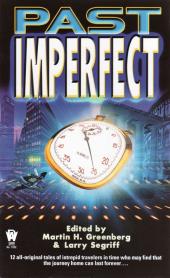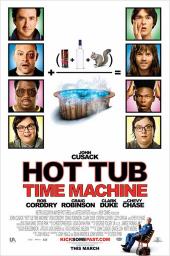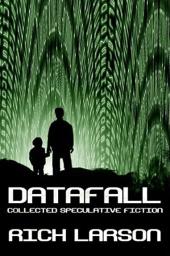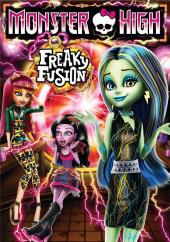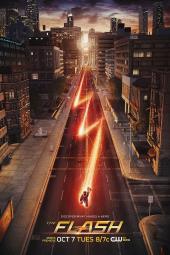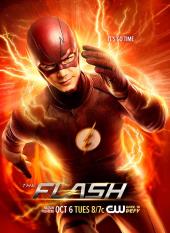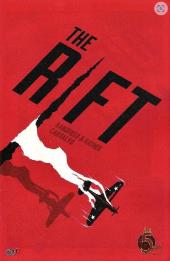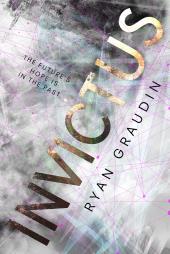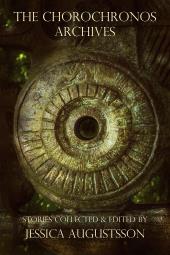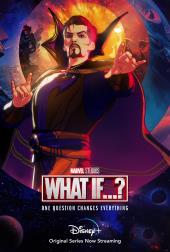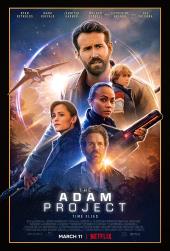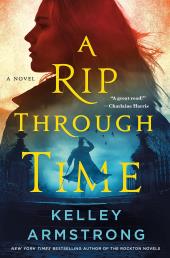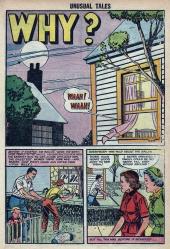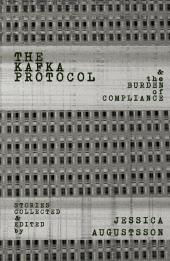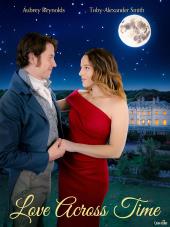Short Story
Ancestral Voices
- by Nat Schachner
- Astounding, December 1933
Time traveler Emmet Pennypacker kills one ancient Hun without realizing who will disappear from the racist world of 1935. —Michael Main
The year of grace 1935! A dull year, a comfortable year! Nothing much happened. The depression was over; people worked steadily at their jobs and forgot that they had every starved; Roosevelt was still President of the United States; Hitler was firmly ensconced in Germany; France talked of security; Japan continued to defend itself against China by swallowing a few more provinces; Russia was about to commence on the third Five Year Plan, to be completed in two years; and, oh, yes—Cuba was still in revolution.

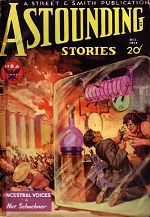
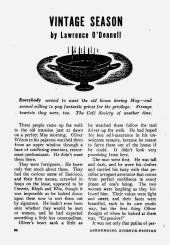
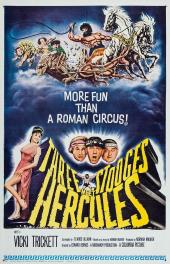
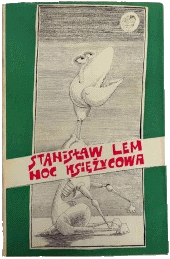
![Star Trek [s01e19]: Tomorrow Is Yesterday A view of the Enterprise above the clouds of 1969 Earth.](https://img.ittdb.com/000000/38/74S-38-000000.jpg)
![Star Trek [s02e26]: Assignment: Earth In a light grey suit, Robert Lansing (as Gary Seven) lies on a catwalk with
steam in his face and a black cat on his back.](https://img.ittdb.com/000000/38/76S-38-000000.jpg)
